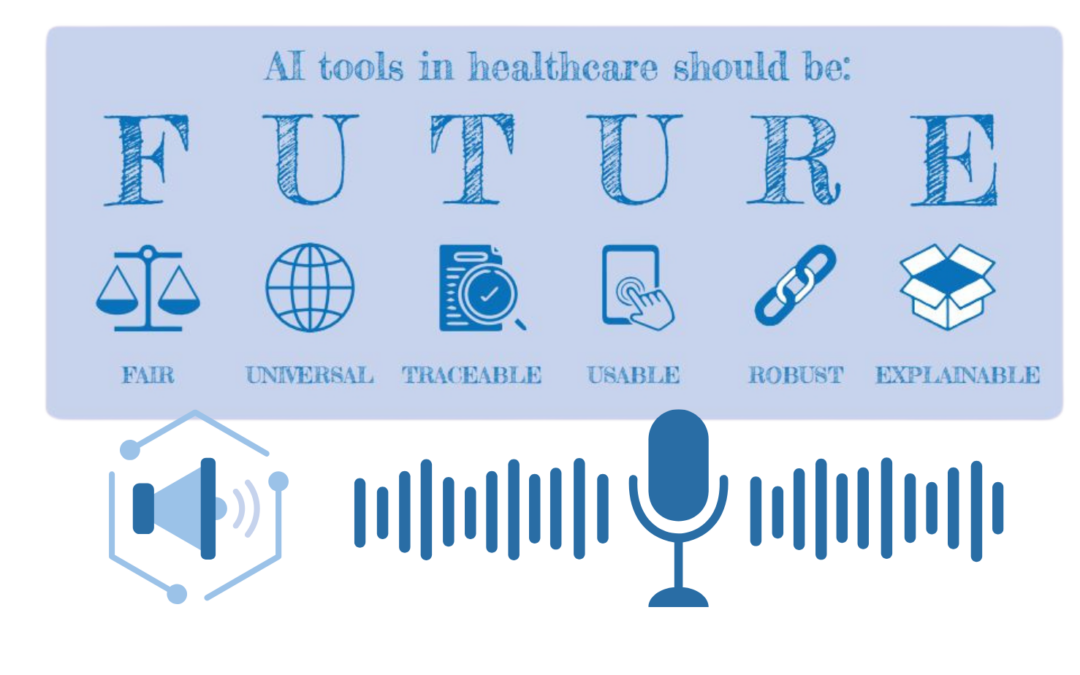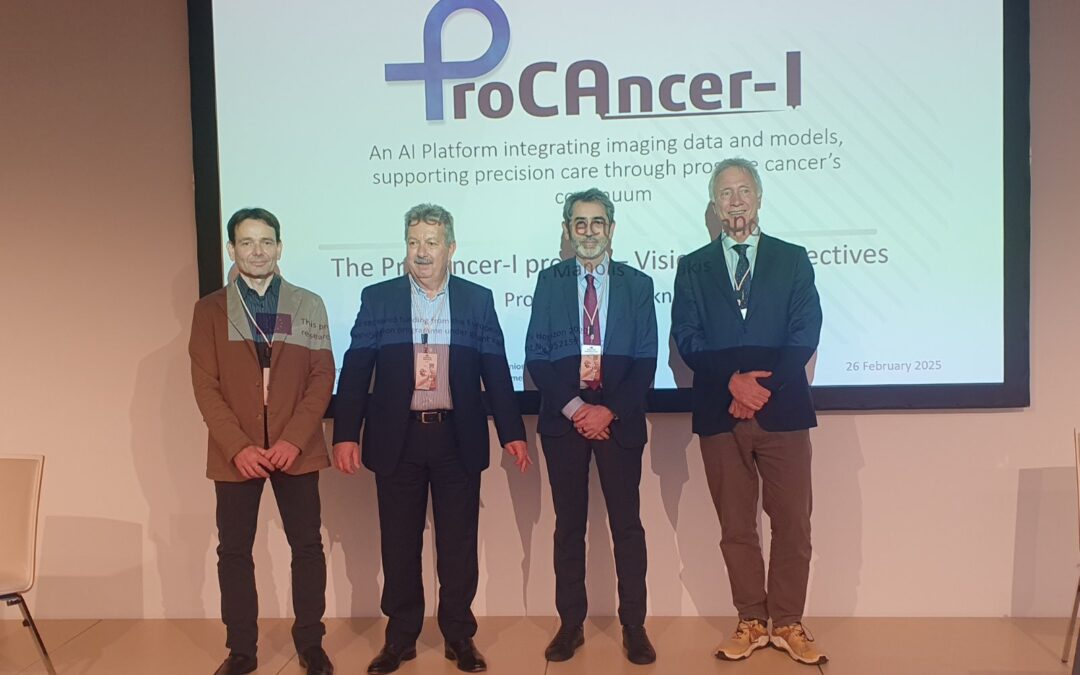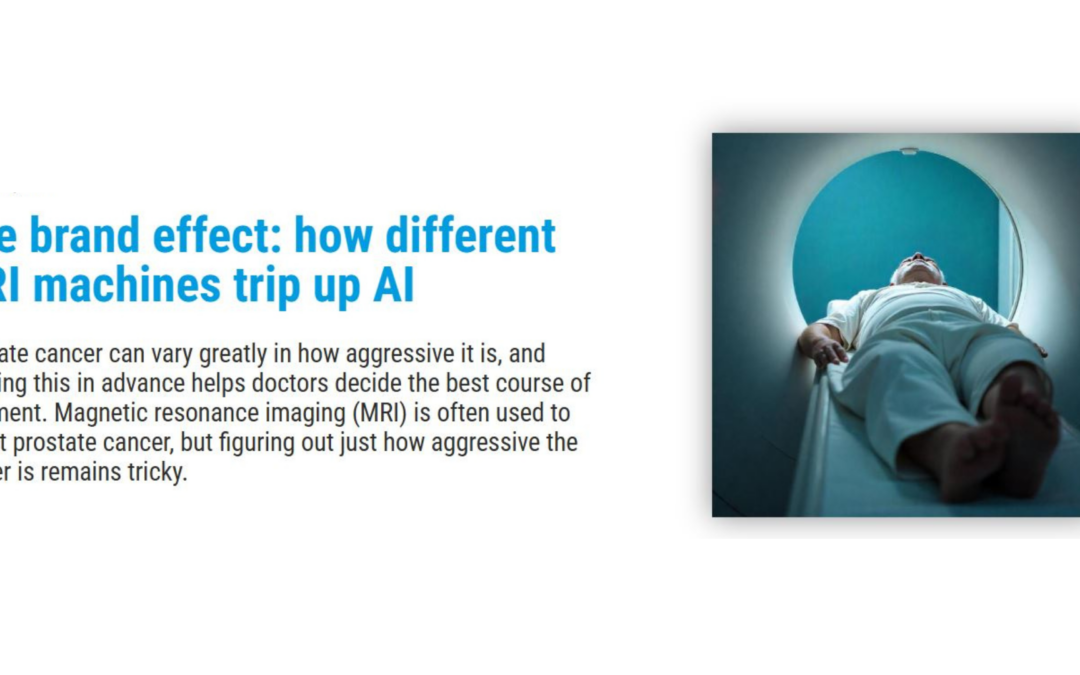D6.1 Vendor Specific AI Models

Deliverable 6.1, led by partner RADBOUDUMC, titled ”Development of Vendor-Specific AI Models,” describes the work performed in Tasks 6.1, 6.2, and 6.3 in WP6. Task 6.1 describes the ”Prospective data
upload to the platform” (Leader: RADBOUDUMC, Participants: FPO, FCHAMPALIMAUD, HULAFE,
UNIPI, IPC, HACETTEPE, GAONA St Savvas, RMH, QUIRONSALUD, IDIBGI, JCC, NCI)”. Task 6.2
describes the ”Deep learning methods for semi-automatic segmentation” (Leader: QUIBIM, Participants:
ADVANTIS, FORTH, FCHAMPALIMAUD). Task 6.3 describes the ”Development of vendor-specific models
for diagnostics, prognosis, and treatment” (Leader: RADBOUDUMC, Participants: FCHAMPALIMAUD,
FPO, HULAFE). The work performed significantly contributes to achieving especially three of seven objectives:
1 ”Develop a comprehensive data resource related to prostate cancer for clinical care, research and
innovation.”
3 ”Develop and Deploy Novel AI Models to Address the Unanswered Clinical Questions regarding
Prostate Cancer Management across the Disease Continuum.”
5 ”Validate, verify and explain or interpret the performance of AI models in order to increase trust and
render them applicable in clinical practice.”
The WP6 concept is to collect and apply prospective data for two purposes. Firstly, prospective, perdevice/center data allows for fine-tuning of trained AI master models (WP5) to a specific center or device
that is hypothesized to optimize performance. Secondly, prospective data is new data that allows for robust
validation of developed AI and segmentation models (WP5) on unseen data.
In this Deliverable 6.1, we report on the complete execution of the collection of prospective data (T6.1)
and our strategy to mitigate earlier reported delays in data ingestion. We report the work prospectively
validating previously developed (WP5) segmentation and detection algorithms for all eight use cases (T6.2).
We report on our extensive scientific explorations of the unique vendor-specific concepts in the ProCAncerI (T6.3). Vendor-specific fine-tuning is hypothesized to improve diagnostic performance over the master
models developed in WP5. Elaborate experimentation work on radiomics AI shows that prospective finetuning indeed shows the expected improvement. We are also reporting ongoing extensive experiments with
deep learning vendor-specific modeling. The results show a mix of benefits to deep learning AI master
models that have successfully generalized over all vendors. We have discovered dependencies on the amount
of data available, the varying case complexity, and the varying image quality ranges. These breakthrough
observations allow for an AI technology-based adaptation of ProCAncer-I concepts and will enable the
scientific community to choose strategies that lead to the best possible AI models for validation in WP7 to
start ”addressing the unanswered clinical questions”. The results are being submitted to scientific meetings
and peer-reviewed journals.





